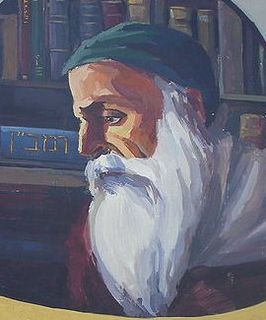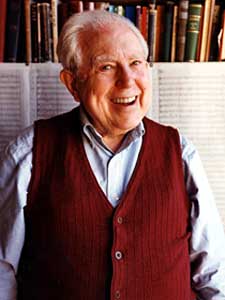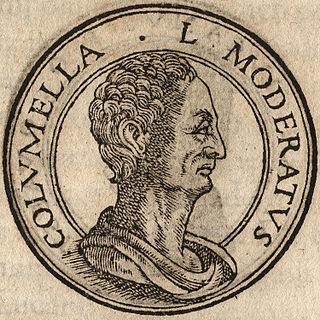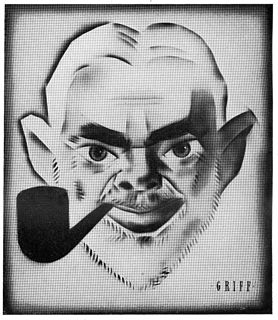A Quote by Samuel Butler
A man should have any number of little aims about which he should be conscious and for which he should have names, but he should have neither name for, nor consciousness concerning the main aim of his life.
Related Quotes
The historian should be fearless and incorruptible; a man of independence, loving frankness and truth; one who, as the poets says, calls a fig a fig and a spade a spade. He should yield to neither hatred nor affection, not should be unsparing and unpitying. He should be neither shy nor deprecating, but an impartial judge, giving each side all it deserves but no more. He should know in his writing no country and no city; he should bow to no authority and acknowledge no king. He should never consider what this or that man will think, but should state the facts as they really occurred.
If it be admitted that a man, possessing absolute power, may misuse that power by wronging his adversaries, why should a majority not be liable to the same reproach? Men are not apt to change their character by agglomeration; nor does their patience in the presence of obstacles increase with the consciousness of their strength. And for these reasons I can never willingly invest any number of my fellow creatures with that unlimited authority which I should refuse to any one of them.
The question that faces every man born into this world is not what should be his purpose, which he should set about to achieve, but just what to do with life? The answer, that he should order his life so that he can find the greatest happiness in it, is more a practical question, similar to that of how a man should spend his weekend, then a metaphysical proposition as to what is the mystic purpose of his life in the scheme of the universe.
What I mean by Socialism is a condition of society in which there should be neither rich nor poor, neither master nor master's man, neither idle nor overworked, neither brainslack brain workers, nor heartsick hand workers, in a word, in which all men would be living in equality of condition, and would manage their affairs unwastefully, and with the full consciousness that harm to one would mean harm to all - the realisation at last of the meaning of the word 'commonwealth.'
The man who has successfully solved the problem of his relations with the two worlds of data and symbols is a man who has no beliefs. With regard to the problems of practical life he entertains a series of working hypotheses, which serve his purposes, but are taken no more seriously than any other kind of tool or instrument. In other words, symbols should never be raised to the rank of dogmas, nor should any system be regarded as more than a provisional convenience.
That education should be regulated by law and should be an affair of state is not to be denied, but what should be the character of this public education, and how young persons should be educated, are questions which remain to be considered. As things are, there is disagreement about the subjects. For mankind are by no means agreed about the things to be taught, whether we look to virtue or the best life. Neither is it clear whether education is more concerned with intellectual or with moral virtue.






































